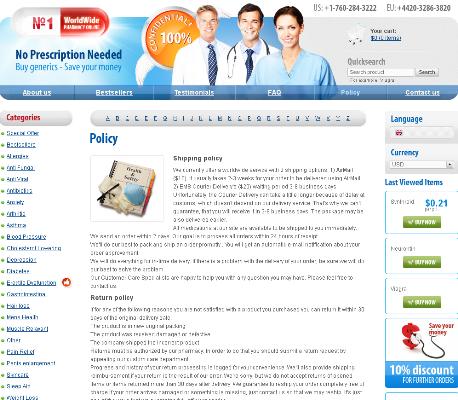Understanding What Flexeril and Alcohol Are
Few people realize that behind the brand name Flexeril lies cyclobenzaprine, a prescription muscle relaxant often recommended for short-term relief of muscle spasms. It’s typically used to ease pain from strains or injuries, acting on the central nervous system to relax muscles. On the other hand, alcohol is a common beverage enjoyed socially or for relaxation, but it is classified as a central nervous system depressant. Used responsibly, its effects remain mild, but in larger amounts, it can impair judgment and motor skills. When considering these substances, it’s crucial to understand what each does to your body and mind.
| Substance | Primary Use | Type |
|---|---|---|
| Flexeril (Cyclobenzaprine) | Muscle relaxant for spasms | Prescription medication |
| Alcohol | Social, recreational | Central nervous system depressant |
How Flexeril and Alcohol Affect the Body

When flexeril enters the body, it works primarily as a muscle relaxant by targeting the central nervous system, slowing down nerve signals that cause muscle spasms. Alcohol, on the other hand, is a depressant that affects the brain and spinal cord, dulling alertness and coordination. Both substances individually can cause drowsiness, dizziness, and a drop in reaction time, but together their effects multiply, putting immense strain on cognitive and motor functions.
The combination doesn’t just make you feel extra sleepy or foggy; it can deeply suppress breathing and heart rate, heightening the risk of severe accidents or loss of consciousness. Even with a low dose of flexeril, drinking can make side effects unpredictable. Users often underestimate how quickly their judgment and physical control can deteriorate, leading to dangerous scenarios.
Why Mixing These Substances Is Risky
Combining flexeril with alcohol doesn’t just double the risk—it multiplies it. Both substances depress the central nervous system, amplifying drowsiness and impairing coordination. Even small amounts of either can quickly add up, causing unpredictable reactions that make daily tasks dangerous.
For some, this powerful combination can trigger severe confusion or even fainting. If you’re not expecting the effects, it’s easy to underestimate your limitations. Sadly, emergency rooms see far too many cases linked to these risky pairings.
While flexeril is helpful for muscle spasms, adding alcohol into the mix can take side effects to a much more dangerous level. Caution is always needed—your safety and health come first.
Potential Short-term Side Effects You Might Face

Imagine taking Flexeril to soothe your aching muscles, then unwinding with a drink—seems harmless, right? In reality, mixing the two can prompt unexpected drowsiness and dizziness far beyond what you’d expect from either alone. Your body’s reflexes slow down, making it dangerous to drive or even walk safely. Short-term memory lapses or confusion might creep in, clouding your judgment. For some, the combination can even depress breathing, creating a dangerous situation you might not anticipate.
Long-term Health Consequences to Be Aware of
Extended use of Flexeril, especially when combined with alcohol, can set a dangerous foundation for numerous chronic health complications. Individuals may face an increased risk of liver damage, as both substances require extensive metabolism by the liver, potentially straining this vital organ over time. With repeated use, cognitive abilities such as memory, focus, and problem-solving can decline, sometimes becoming permanent.
Further, mixing Flexeril and alcohol may contribute to the development of mood disorders and a greater likelihood of dependency on one or both substances. Over time, the nervous system may become less responsive, spurring ongoing fatigue, muscle weakness, and even movement disorders. These long-term issues can quietly jeopardize daily living and personal well-being, often going undetected until serious problems arise.
| Potential Consequence | Description |
|---|---|
| Liver damage | Risk increases with combined, prolonged use |
| Cognitive decline | Persistent trouble with memory and concentration |
| Mood disorders | Possible onset of depression or anxiety |
Real-life Stories and Medical Warnings
One night, a college student took Flexeril for a strained back and later drank alcohol at a party, leading to difficulty breathing and an emergency hospital visit. Such incidents underline the serious risks of mixing these substances. Medical professionals consistently warn that doing so increases the chance of dangerous side effects, including impaired judgment and even overdose. Stories like this echo across emergency rooms, reinforcing the importance of using Flexeril only as prescribed and never combining it with alcohol.

